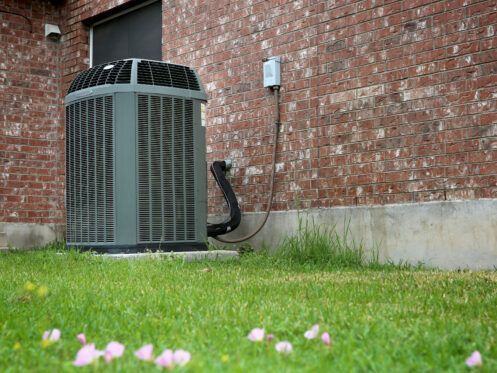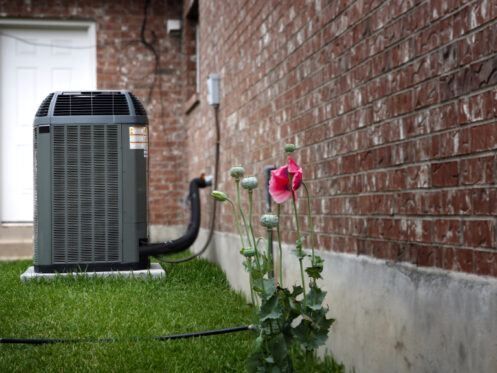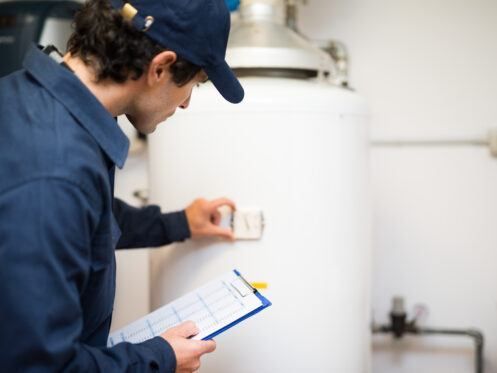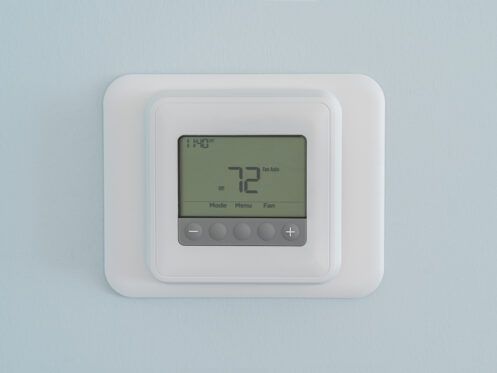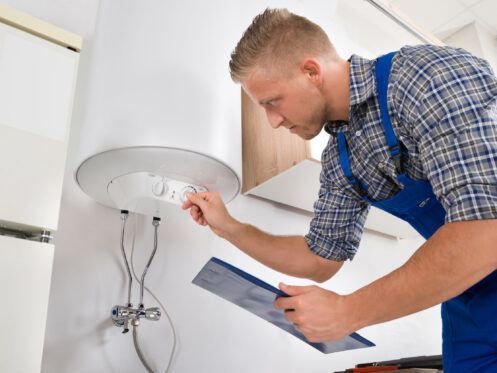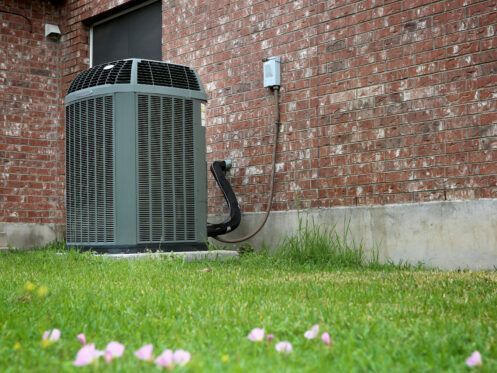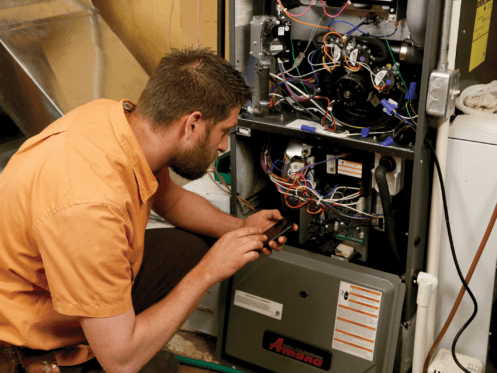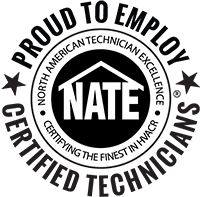WHAT IS A HOME ENERGY AUDIT AND WHY DO YOU NEED ONE?
One of the biggest ongoing costs that comes with homeownership is energy costs. Here in Mishawaka, IN, the average household pays around $78.70 for electricity each month. Homes with natural gas service may pay less for electricity but an additional $50 or more for gas monthly.
If you’re a homeowner here, you know that energy makes up a significant part of your monthly budget. That makes finding ways to conserve energy important. Doing so can trim your energy costs and increase your budget flexibility. However, it isn’t always easy to figure out the best ways to cut your home’s energy use. That’s where a home energy audit can help, though. Here’s what a home energy audit is and why you need one performed on your home.

WHAT IS A HOME ENERGY AUDIT?
A home energy audit is a comprehensive review of your home’s electrical usage and efficiency performance. It lets you know what appliances and devices make up the bulk of your energy use. It also lets you know how effective your home’s insulation and other efficiency measures are. You can use the information contained in a home energy audit to plan for efficiency upgrades. The results of a home energy audit will also let you know what upgrades will have the biggest overall impact.
WHO PERFORMS A HOME ENERGY AUDIT?
A home energy audit isn’t something you can do yourself. It requires specialized training and tools that only a certified energy advisor or energy auditor possess. It’s important to note that the certification held by your home energy auditor is very important. It may affect your ability to qualify for certain rebates and tax credits associated with your energy-efficiency upgrades. The U.S. Department of Energy (DOE) recognizes certifications from the following entities:
- American Society of Heating, Refrigerating, and Engineers
- Building Performance Institute
- Association of Energy Engineers
- Residential Energy Services Network
The DOE may also recognize certifications from other entities other than the ones on the preceding list. However, you should contact the DOE to check on an energy auditor’s certification validity before you hire them.
STEPS INVOLVED IN A HOME ENERGY AUDIT
In general, there are three main steps involved in a home energy audit.
1. WALKTHROUGH AND EVALUATION
The first step in a home energy audit is a walkthrough of your home. The energy auditor will inspect your home to evaluate the major elements that determine your home’s efficiency. This includes your home’s insulation and HVAC system, as well as its doors and windows. The auditor will look for any obvious weak spots in your home’s air envelope. They will also take measurements and notes regarding the specifics of those elements. For example, they’ll check if you have single- or double-pane windows, as well as what they’re made of. They’ll also look at all of your home’s light fixtures to see if they’re using the most efficient bulbs possible.
2. AIR ENVELOPE TESTING
A big part of your home’s energy efficiency has to do with how well it keeps the elements outside. Conversely, this also indicates how well your home keeps heated or cooled air inside. To evaluate your home’s performance, an energy auditor will perform an air envelope test. To do it, the auditor will open your front door and then seal it with only a large fan allowed through the seal. Then, they’ll activate the fan, which will create negative air pressure in your home. This will allow the auditor to find any cracks or gaps in your windows, doors, or walls that allow outside air in.
The auditor will also conduct a thermographic scan to locate any hot or cold spots along your home’s perimeter. This will let them identify any points through which conditioned air may be escaping from your home. They may also use thermometers, infrared cameras, and other equipment to perform this part of the tests.
3. IMPROVEMENT RECOMMENDATIONS
Finally, the energy auditor will prepare a list of efficiency improvement recommendations based on their findings. They’ll go over the list with you to explain what they’ve found and what it means. They’ll also let you know the most effective improvements you can make from a financial perspective. Those will account for how much each improvement might cost and how much it may save you overall.
WHY YOU NEED A HOME ENERGY AUDIT
If you’re serious about improving your home’s energy efficiency, you need a home energy audit. It’s the only way you will know where to direct your efforts and how best to use your resources. Tyler’s Heating & Cooling can help you with that by sending a certified home energy auditor to evaluate your home. We’re also a full-service heating and cooling company that offers installation, maintenance, and repair services.
We can even handle plumbing services and commercial services. Check our financing options on approved credit to help you execute some of your efficiency upgrades. If you want a home energy audit for your Mishawaka home, contact Tyler’s Heating & Cooling today!
